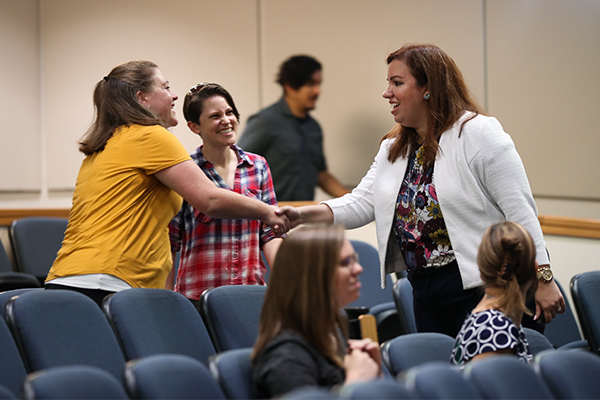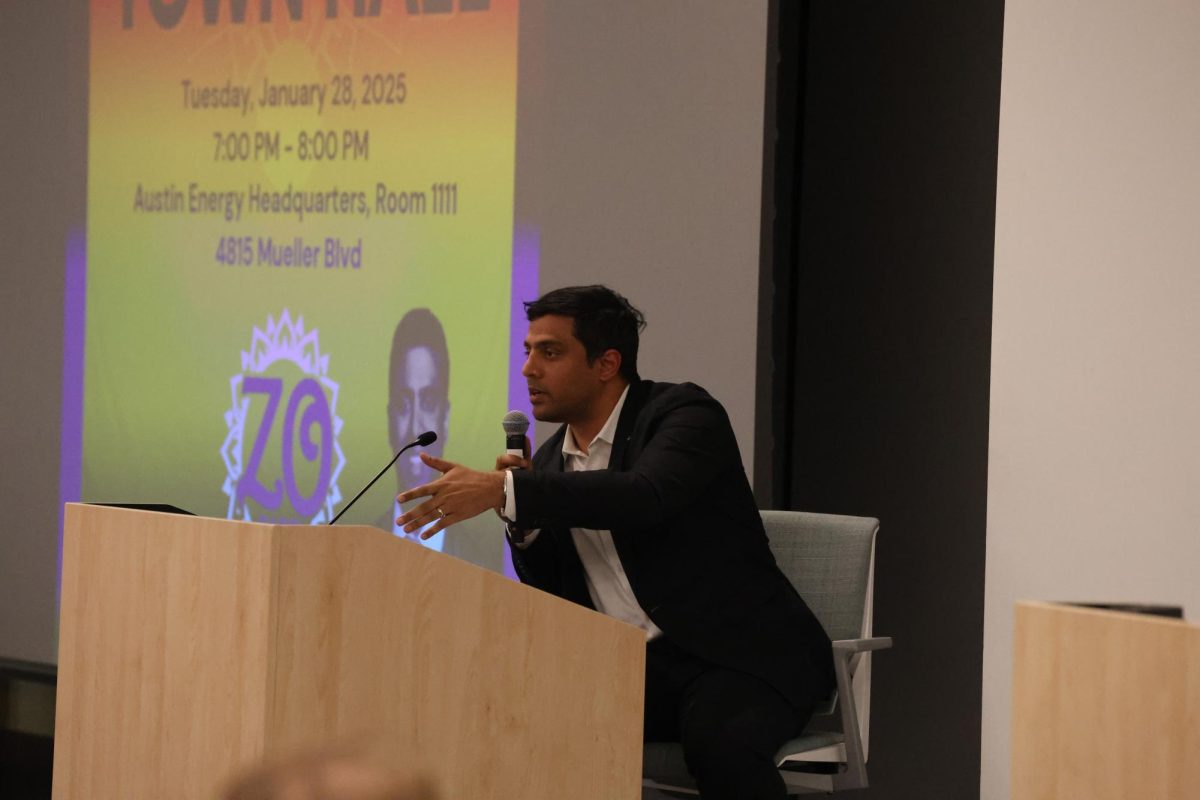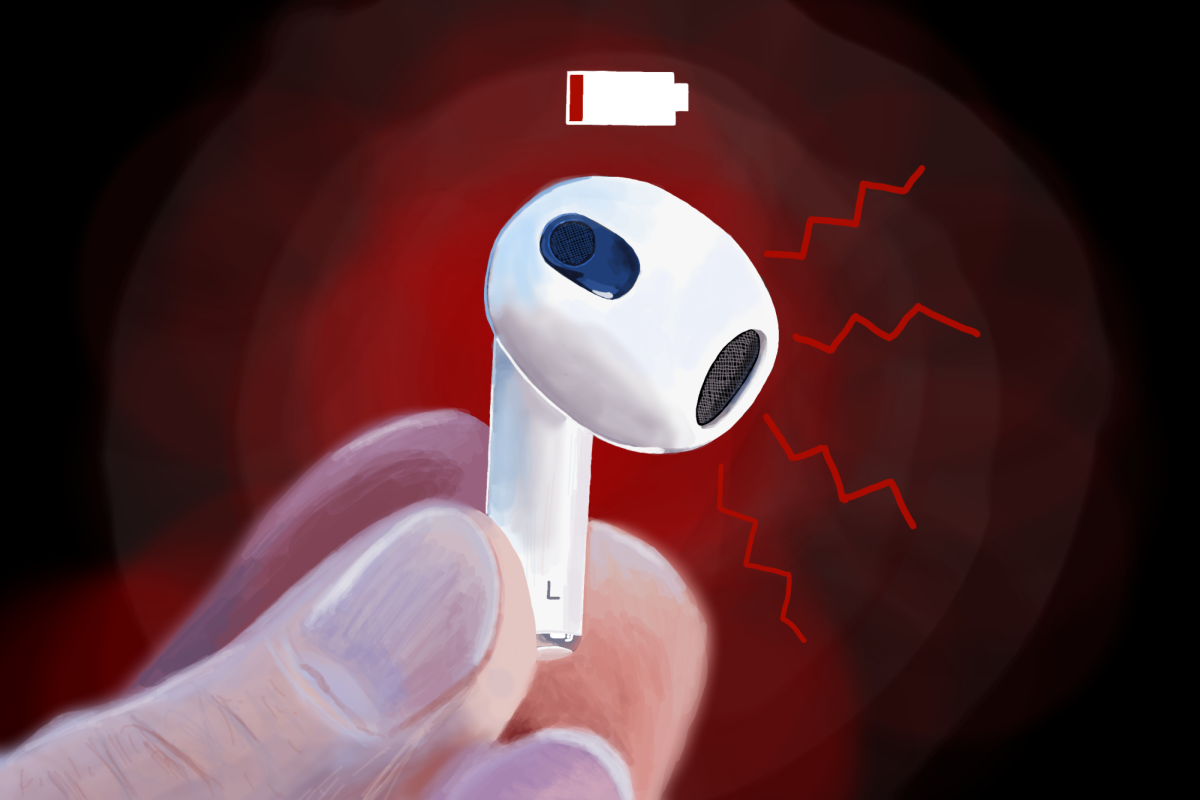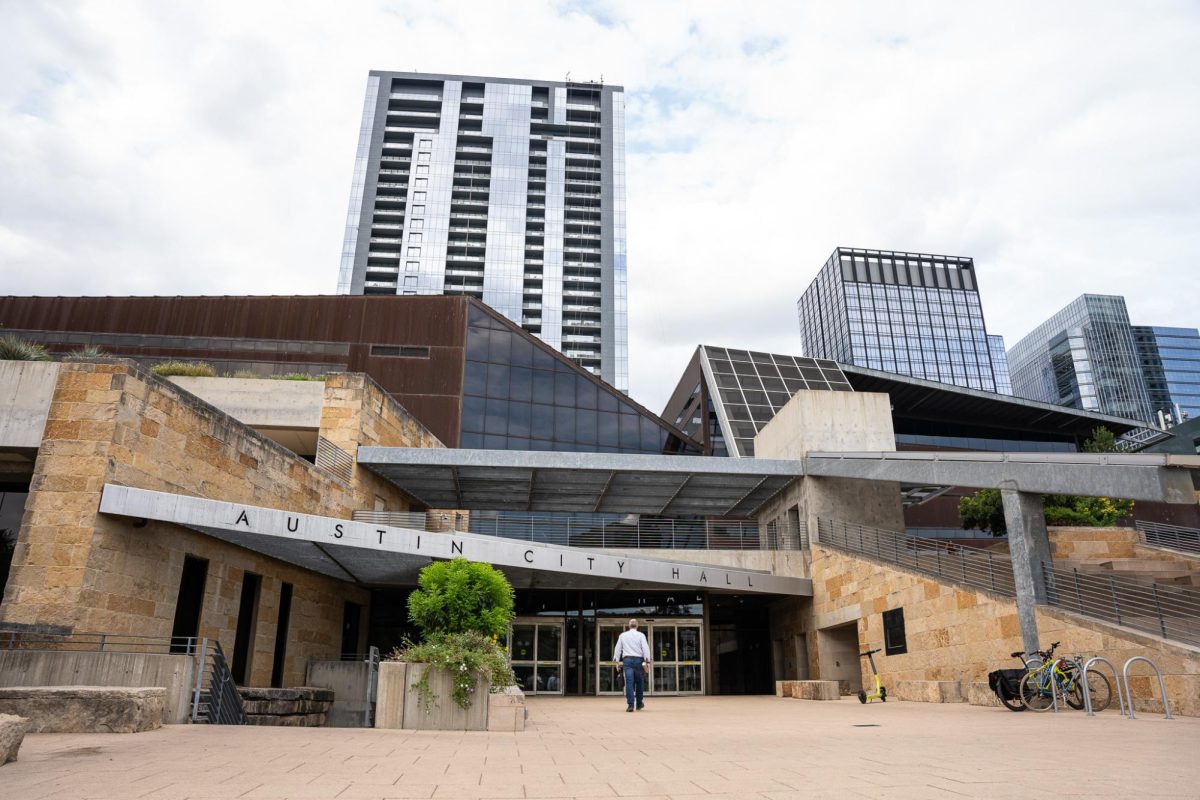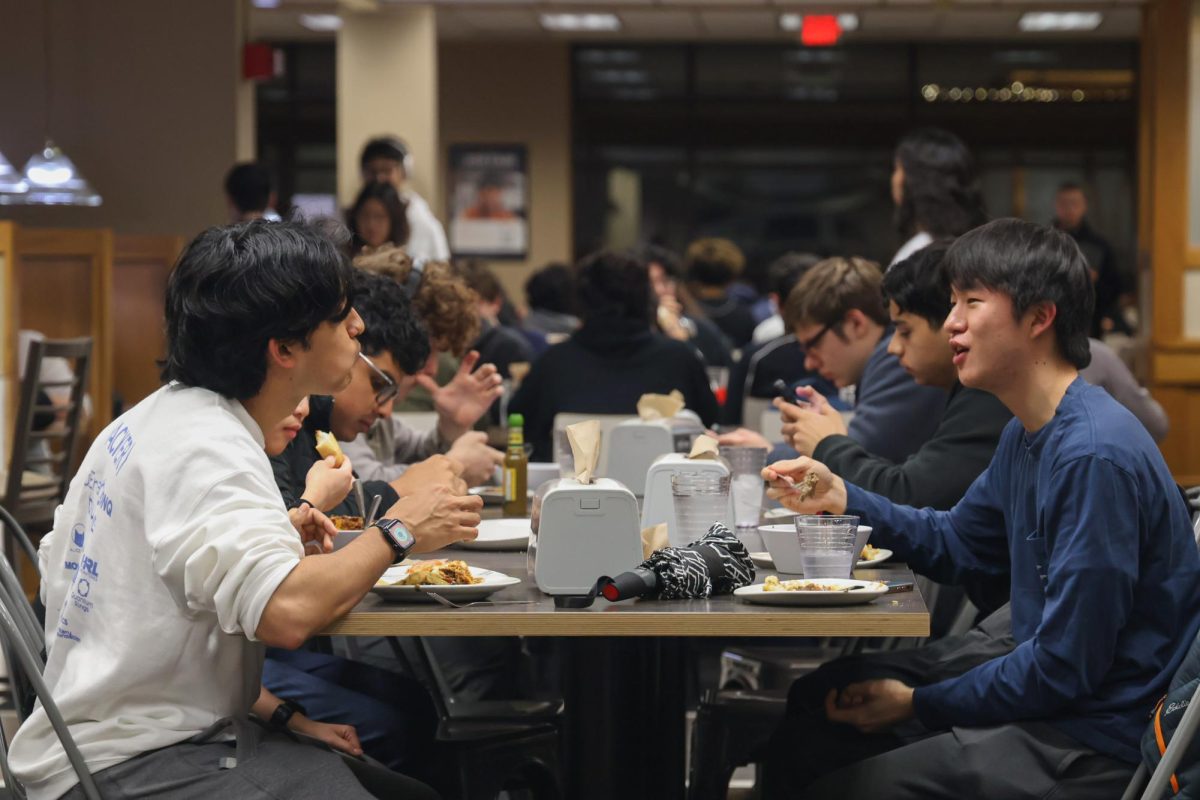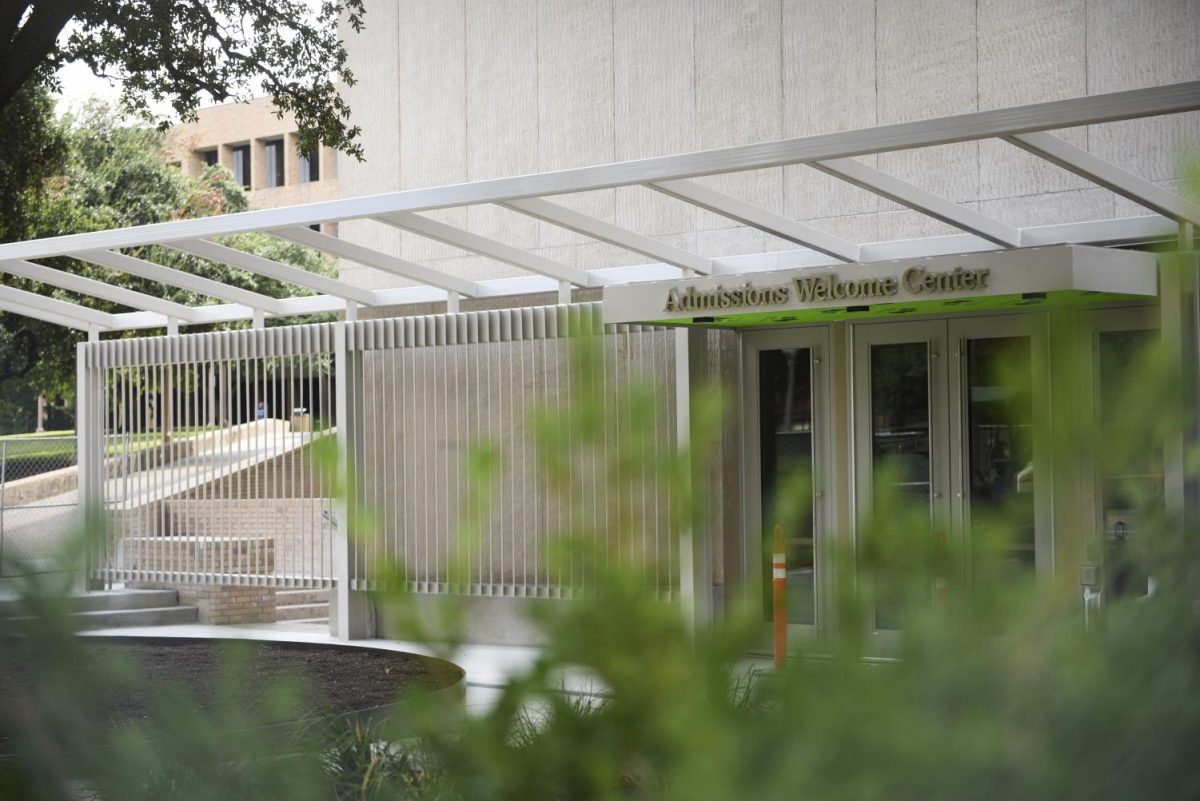Editor’s note: This story is part of The Daily Texan’s coverage of how coronavirus concerns are affecting UT-Austin. Read the rest of our coverage here.
The University’s Title IX Office will continue its normal operations remotely while students are off campus.
Students can still file Title IX complaints through the website, and investigations will continue as planned, Title IX Coordinator Adriana Alicea-Rodriguez said.
“The timelines (of investigations) continue to be the same,” Alicea-Rodriguez said. “There’s a lot of transition for students going on right now … We obviously prioritize that.”
The online reporting process has been streamlined to a single portal on the Title IX Office’s webpage so students do not have to visit multiple websites to report, Alicea-Rodriguez said.
The office is still investigating Title IX complaints about University community members that occur off campus, Alicea-Rodriguez said.
“We've always looked into the allegations regardless of what their location is,” Alicea-Rodriguez said.
Under Senate Bill 212 and House Bill 1735, current student respondents cannot graduate or transfer from a university where they are being investigated. Alicea-Rodriguez said this would still be the case and may impact respondents set to graduate this spring.
“It’s always a part of our process, in terms that a bar or hold is put in place,” Alicea-Rodriguez said. “Those students that are graduating, their cases become prioritized.”
Prior to spring break, law firm Husch Blackwell reviewed the University’s Title IX policies and made recommendations for changes. President Gregory Fenves accepted all recommendations, and they will be implemented after his departure, Alicea-Rodriguez said.
Husch Blackwell lawyer Scott Schneider said they plan to conclude their work before Fenves leaves the University on June 30.
“This is one of the things — he’s told us unequivocally — he wants done before he leaves,” Schneider said.
One of the recommendations called for the hiring of more confidential advocates who support survivors and are not responsible for reporting possible violations to the University. Alicea-Rodriguez said the office plans on making these changes for the future semesters.
“We already have two,” Alicea-Rodriguez said. “Once we get to implementing changes, that’s probably what we’re going to look into next.”
Confidential advocates remain available to students through remote means as they are not essential workers under Austin’s Stay Home – Work Safe order, Alicea-Rodriguez said.
University spokesperson Shilpa Bakre said the Title IX Office and Student Emergency Services will continue to provide all previously available resources to students, including emergency housing options on campus and recommendations for housing off campus.
“The Title IX Office and Student Emergency Services continue to provide the same resources and accommodations they have always provided to students,” Bakre said in an email.
Alicea-Rodriguez said the office is able to transition smoothly to a remote format as investigators often hold meetings over the phone or through video calling.
“It’s not really a policy change,” Alicea-Rodriguez said. “During the summer months when a lot of the students wouldn't be on campus, we would continue to still hold the meetings.”

